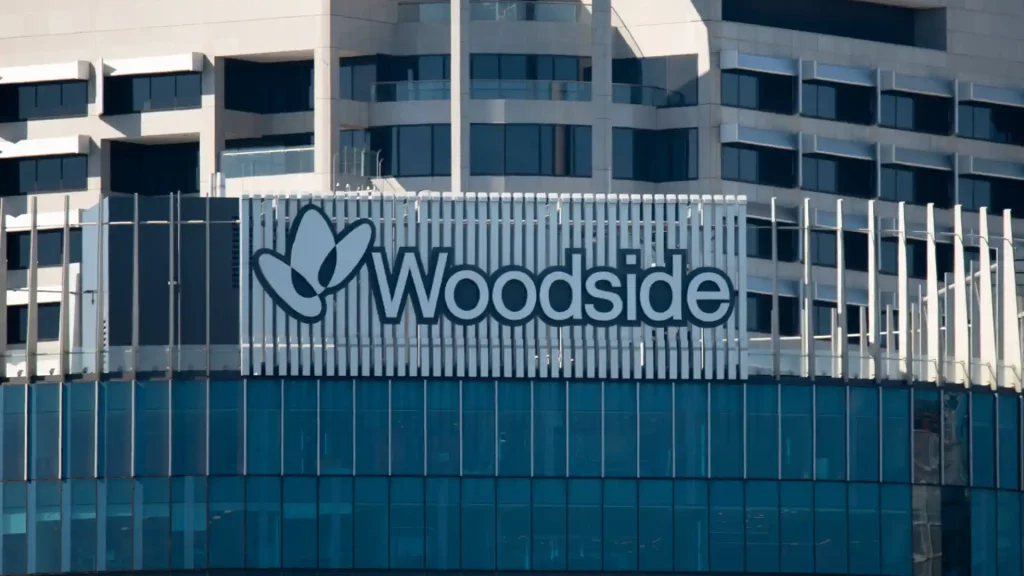Santos’s shares were immediately affected by the news, falling nearly 9%, ultimately settling at a 6% decrease
Santos and Australia’s Woodside Energy have officially terminated talks aimed at a merger creating a possible $52 billion global oil and gas powerhouse. The collapse of negotiations has left Woodside Energy and Santos planning their next move in an industry where consolidation has become very important.
Woodside has a market value and revenue more than twice that of Santos and emphasizes its commitment to pursuing deals that would add substantial value for its shareholders. But what made the discussions fail was the ineptness of agreeing on a valuation level and this became a major block in continuing the merger discussions. Anonymous sources with direct knowledge of the matter mentioned that Woodside did not present a firm bid following nearly two months of due thoroughness and discussions.
Santos’s shares were immediately affected by the news, falling nearly 9%, ultimately settling at a 6% decrease. On the other hand, Woodside’s stock experienced a 1% increase, reflecting a mixed market response to the termination of a potential mega-merger.
The core issue seemed to revolve around differing perceptions of the potential benefits of the merger. According to Santos, “sufficient combination benefits were not identified to support a merger that would be in the best interests of Santos shareholders.”
The failure to recognize extensive collaborations has caused uncertainty over the strategic direction of both companies. If the merger had happened, it would have created a major global liquefied natural gas (LNG) producer, capable of attracting offshore investors amid the growing importance of gas as a transitional energy source. Woodside’s CEO, Meg O’Neil mentioned about the unexplored potential in the global LNG sector, despite the unsuccessful negotiations with Santos.
Woodside, facing pressure from some investors reluctant to pay a premium for Santos, made the decision to walk away from what could have been one of the largest corporate takeovers in Australian history. The Chief Investment Officer at Allan Gray, Simon Mawhinney stated that Woodside’s decision was a relief and noted that merit in a tie-up was unclear to them.
This marks the second time in just over eight years that Woodside has abandoned a deal that would have granted it access to gas assets in Papua New Guinea, known for their low production costs and proximity to major LNG buyers in North Asia.
As Woodside contemplates its next steps, Santos, which has historically underperformed in the energy sector, is gearing up for a thorough review aimed at unlocking value for its shareholders. Analysts and investors speculate that Santos may explore the sale of all or part of its 51% share in the Pikka oil project in Alaska, potentially freeing up cash for new ventures and reducing exposure to assets of questionable value.
The recent removal of a significant legal hurdle to Santos’ $4.3 billion Barossa gas project off the northwest coast of Australia has provided some stability to its share price. The focus now shifts to whether Santos can deliver on promises tied to projects like Barossa or Pikka. Neil Beveridge, an analyst at Bernstein Research, highlighted that while there is long-term upside potential, execution remains a key risk with projects spanning Alaska, PNG, and Australia.
However, the cancellation of merger talks between Woodside and Santos has left bot both companies in a difficult position. Woodside faces the challenge of charting a strategic course that maximizes value for its shareholders, while Santos must see through a review process to unlock its full potential against a backdrop of underperformance. The future path of both companies will be closely monitored by investors, analysts, and stakeholders.
